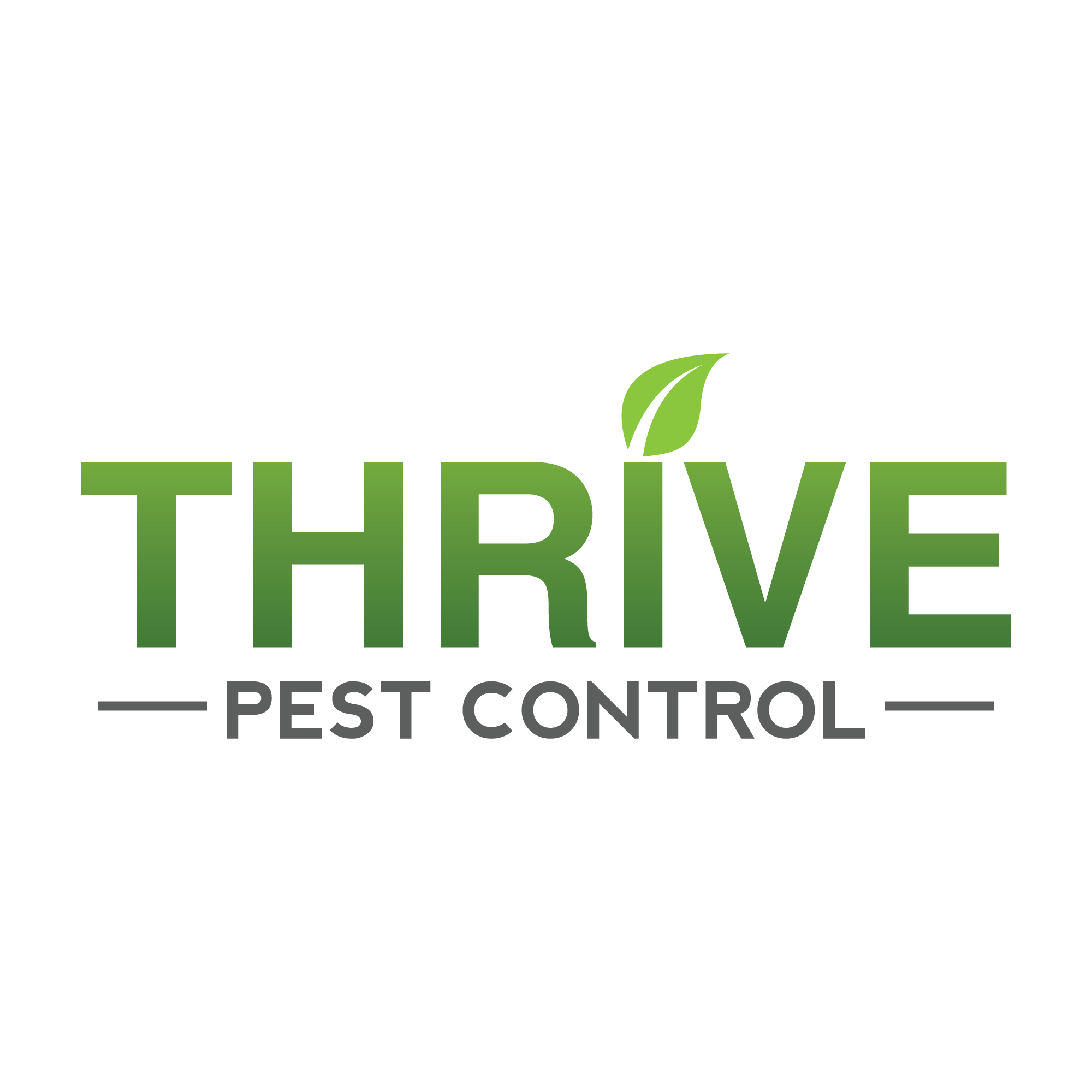
Ability to "play dead"
One of the most notable quirks an opossum has is the ability to “play dead”. Despite the humor many people associate with this defense tactic, opossums don’t have control of their bodies when they go into this comatose-like state. Robert John, a member of J&J Exterminating Corporation wrote, “The intense fear they experience actually causes their bodies to seize up and flop dead to the ground.
